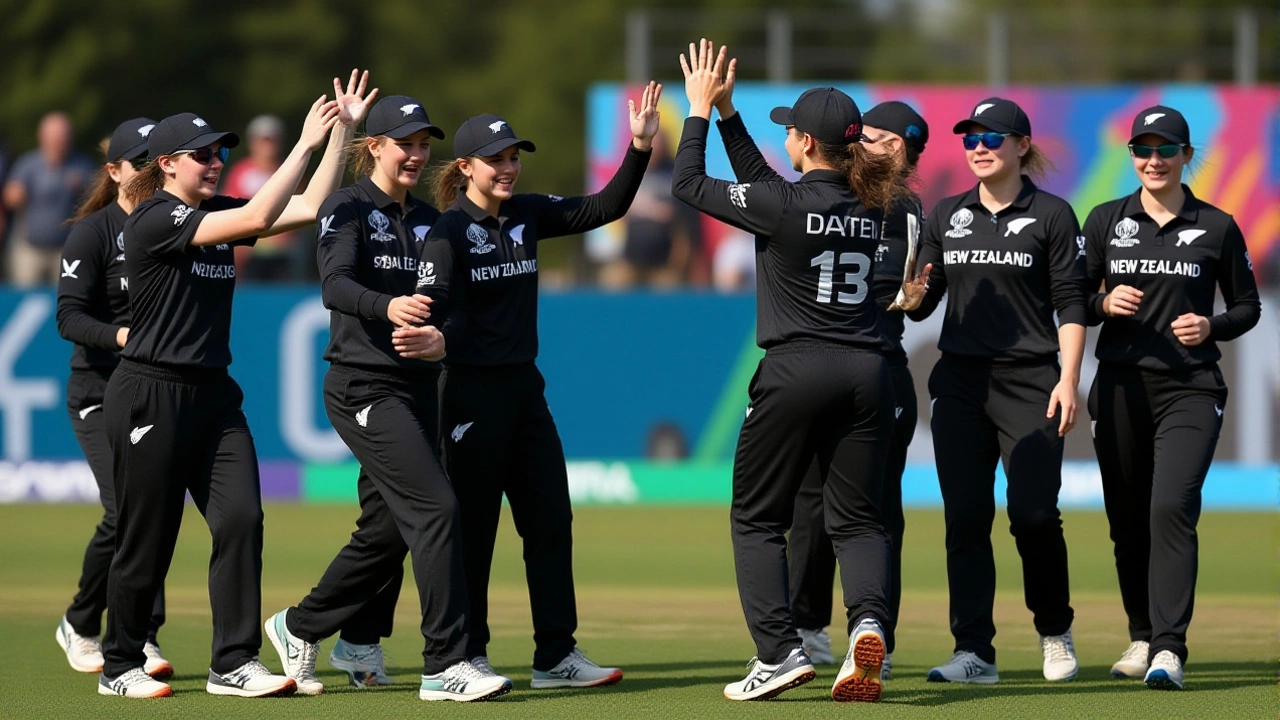Bangladesh Women – Sports, Empowerment and Culture
When talking about Bangladesh Women, a diverse group that shapes the nation’s social, cultural and athletic landscape, it’s easy to overlook how deeply they influence every corner of society. From the cricket field to community initiatives, their stories reflect resilience, ambition and a push for equal opportunities. This page pulls together the most relevant angles so you can see the full picture of what Bangladesh Women are doing today.
One of the most visible platforms is Bangladesh women's cricket team, the national side that competes in international tournaments and inspires young girls to pick up a bat. The team’s rise in the ICC rankings shows how investment in training, grassroots programs and proper coaching can translate into real results. Their success has sparked a wave of school‑level leagues, making cricket a realistic career path for many girls who once thought the sport was male‑only.
Beyond the Pitch – Gender Equality and Empowerment
While sports give a high‑profile stage, gender equality, the principle that women should have the same rights, opportunities and respect as men is the foundation that allows these achievements to flourish. Government policies, NGO programs and private sector scholarships are gradually shifting cultural norms, especially in rural areas where education for girls has traditionally lagged. When families invest in schooling, they open doors to university degrees, professional jobs and, eventually, leadership roles in both public and private sectors.
Education links directly to health outcomes, too. Women who complete secondary school are far more likely to access reproductive health services, understand nutrition and advocate for their families’ well‑being. Community health workers report that educated women drive better sanitation practices, lower child mortality and create a ripple effect that improves overall public health.
Another growing sector is women's participation in motorsports. Though still a niche, female racers from Bangladesh are beginning to appear in regional rally events and karting championships. Their presence proves that the high‑speed world of racing isn’t just for men; it also welcomes anyone with skill, dedication and the right support. As more sponsors notice the marketability of female drivers, the sport gains fresh fan bases and fresh perspectives.
Economic empowerment goes hand‑in‑hand with these social shifts. Women-owned micro‑enterprises—whether textile workshops, tech startups or local food stalls—contribute significantly to the national GDP. Access to micro‑credit and digital payment platforms enables these entrepreneurs to scale up, hire staff and invest in better equipment. The ripple effect strengthens families, boosts community resilience and showcases the tangible benefits of gender‑focused economic policies.
Media representation also plays a crucial role. When Bangladesh Women appear on television, in newspapers or on social media as athletes, scientists, artists or activists, they challenge stereotypes and broaden the narrative of what women can achieve. Positive coverage encourages young girls to envision themselves in roles they might never have considered before.
All these pieces—sports, education, health, economics and media—interlock to form a vibrant ecosystem that supports Bangladesh Women. By understanding how each element influences the others, you can appreciate the full scope of progress and the challenges that still need tackling. Below you’ll find a curated collection of articles that dive deeper into each of these topics, offering insights, success stories and practical advice for anyone interested in the ongoing journey of Bangladesh Women.
Sophie Devine's 63 Powers White Ferns to First World Cup Victory
Sophie Devine's 63 leads New Zealand to a 100‑run win over Bangladesh at Guwahati, securing the White Ferns' first World Cup victory and boosting their semi‑final hopes.
